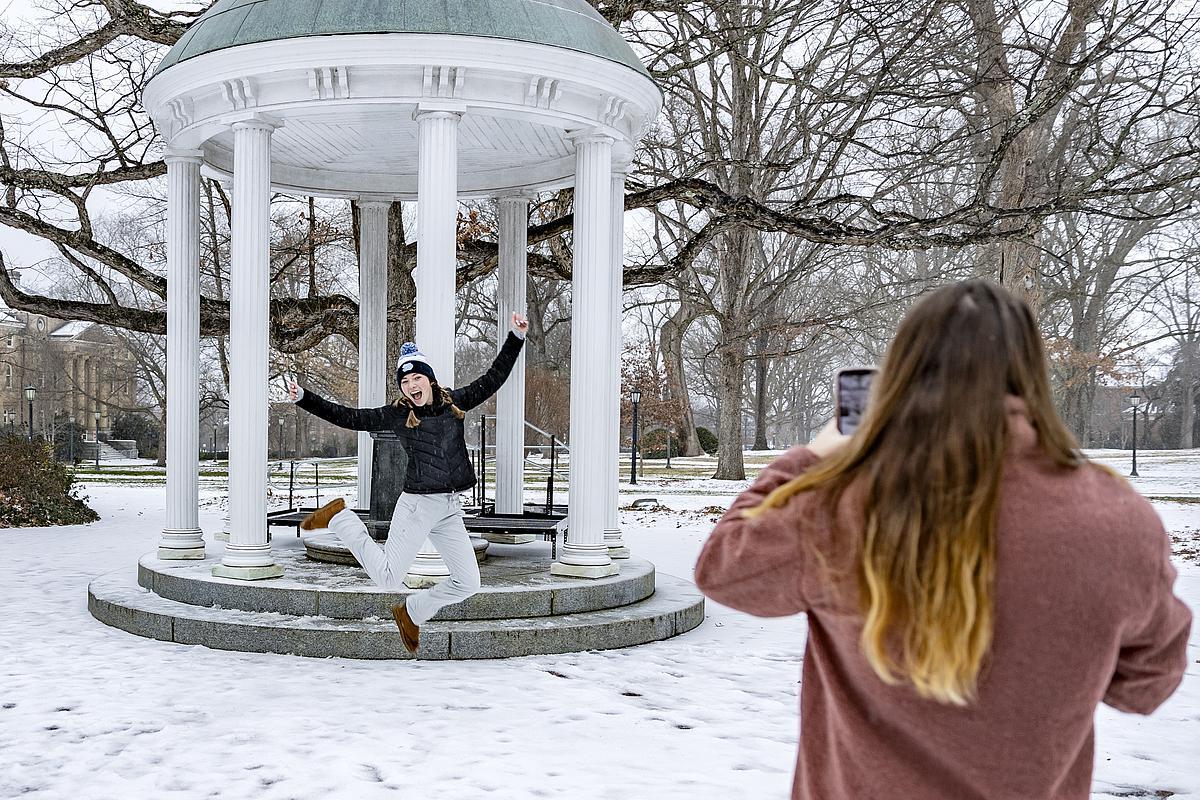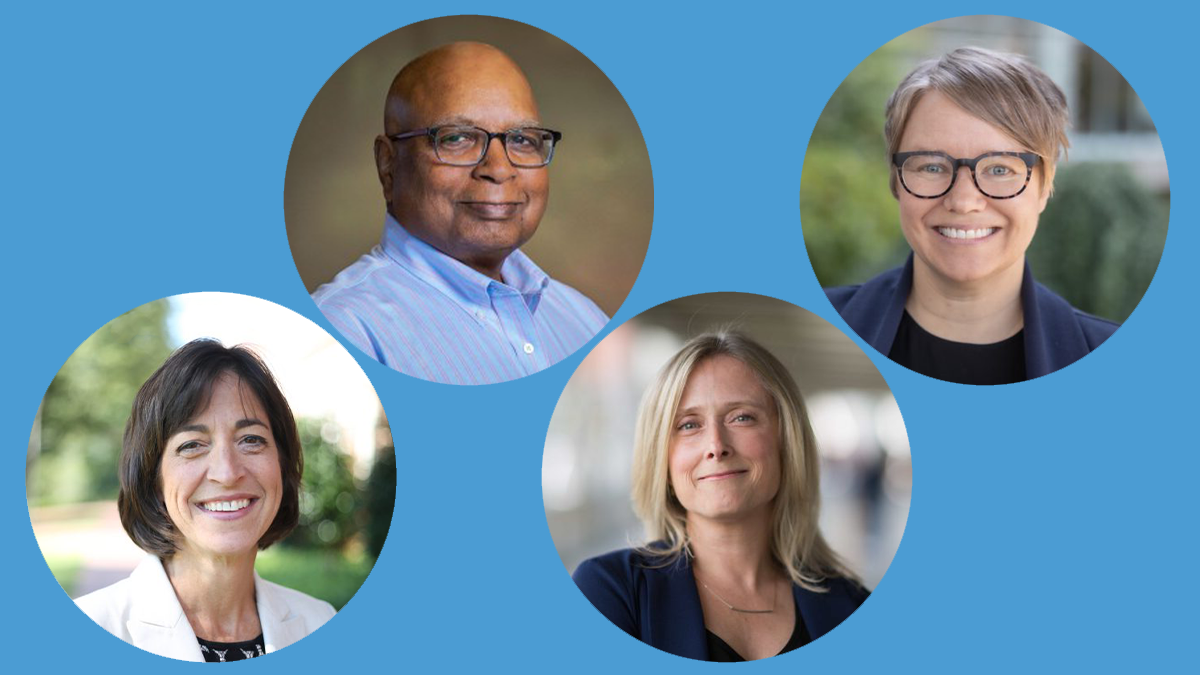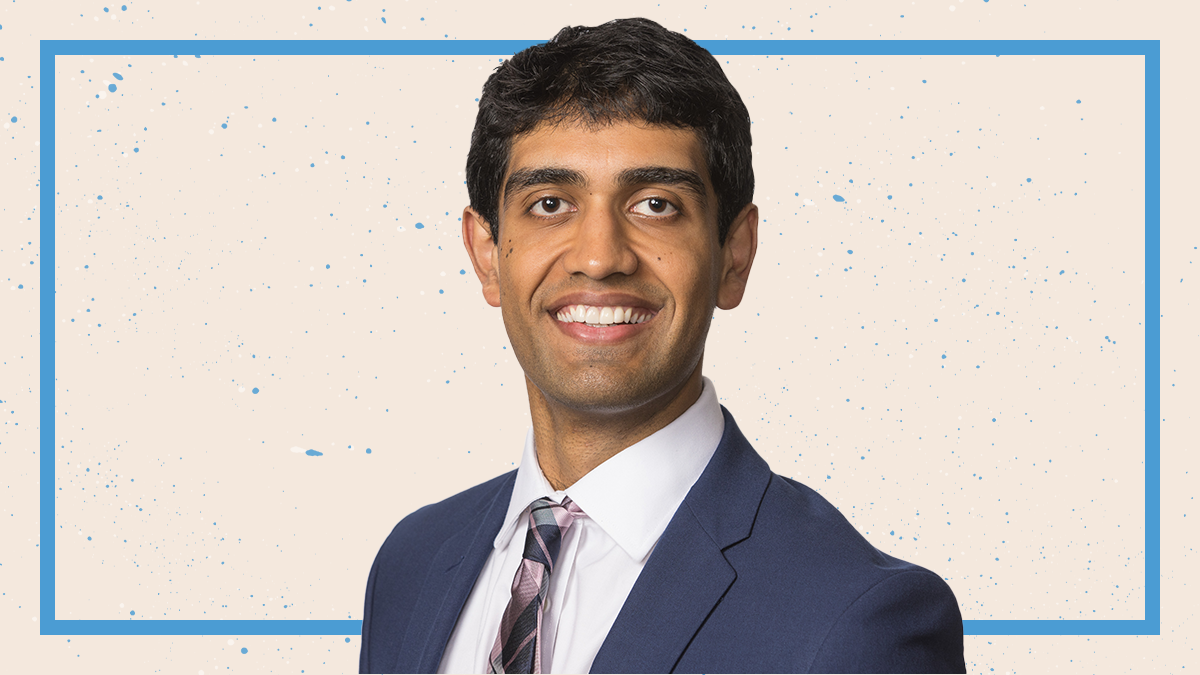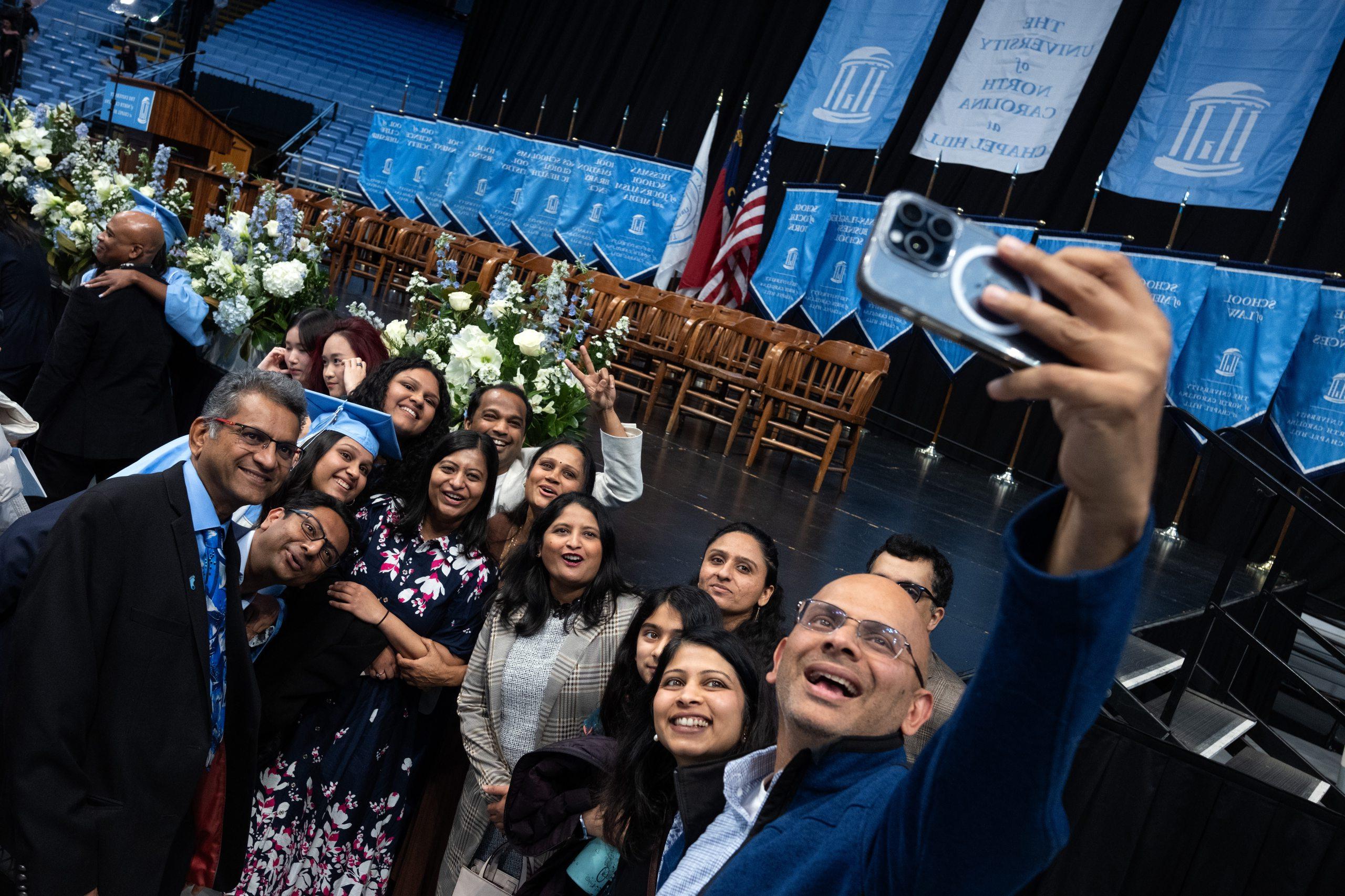This single mom is a renowned scientist
“You can be both,” says Taghreed Mohammed Al-Turki, a postdoctoral researcher in a UNC Lineberger lab.

Taghreed Mohammed Al-Turki grew up in Saudi Arabia surrounded by scientists; her elder brothers and sisters were physicists and chemists.
“Science is part of my genome; it’s in my blood,” said Al-Turki. “I was very engaged in science activities at school, and I often asked permission from my teachers to go to the lab and look at different slides under the microscope.”
After earning her bachelor’s degree from the University of Tabuk and a master’s from King Saud University, Al-Turki came to Colorado State University in Fort Collins for its doctoral program in cell and molecular biology. There she studied telomeres, the protective structures that cap the end of chromosomes, and was part of an important NASA study on the impact radiation exposure in space had on telomeres.
Al-Turki was right where she wanted to be, with her passion for science helping her navigate a divorce and raising a son, Ibrahim, who was only 2 months old when she joined the lab.
“It was a challenging time,” Al-Turki said. “But the feelings I got every day when I went to the lab, doing the things I love, completely dissociated me from all the stress, all of the fears that came with becoming a mother and going through a divorce. I felt like I was doing the right thing in my life, despite the hardships.”
After Al-Turki earned her doctorate in 2019, she set out to find telomere labs that were accepting postdoctoral researchers. Much to her surprise, there was an open position at the lab of Jack Griffith, the Kenan Distinguished Professor of Microbiology and Immunology and Biochemistry and Biophysics at UNC-Chapel Hill. She had first noticed Griffith’s telomere imagery when she was an undergraduate in Saudi Arabia.
Pandemic postdoc odyssey
The first two months in North Carolina were not easy for Al-Turki and her son, 7. The day she joined the lab, the COVID-19 pandemic erupted in full force, and she found herself performing research in the empty, silent halls of the UNC Lineberger Comprehensive Cancer Center, along with Griffith. She spent nights and weekends trying to make sense of failed experiments and modifying protocols.
Her long hours and dedication paid off in 2023 when Al-Turki made the biggest discovery in the telomere field in decades. She found that telomeres have the ability to produce two small proteins. One protein, she found, is elevated in some human cancer cells and in cells from patients suffering from telomere-related defects. The high-impact study was accepted and published in the prestigious Proceedings of the National Academy of Sciences.
With Ibrahim now 11 years old and her postdoc in full swing, Al-Turki recalls the challenges she had to overcome and the help she got, especially from Griffith.
“I think we just need to change the way we think about women in science,” said Al-Turki. “We can be both. We just need the support. We need a workplace that is built in a way that supports our needs and supports our dreams. There are great people around who are willing to help, if you decide to do it. Jack is a role model for me and for my child.”
In addition to his research mentorship, Griffith also spent hours with her son in the lab and paid for his plane tickets so he could travel with his mother to science conferences. It’s help he’s been happy to provide.
“A career in science is hard. And it’s even harder as a single mother,” he said. “I’m at a point in my career where I don’t need any more accolades; I just want to help Taghreed get awards and acclaim, which is a much more important to me.”







